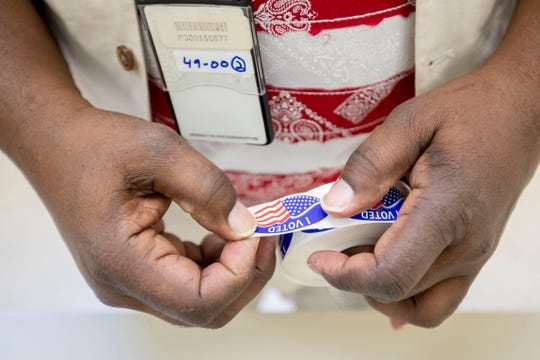Guiding students through an election cycle is a big task in normal times.
Social studies, history, government, civics teachers — we know you’re busy helping students understand the mechanics of the Electoral College, find ways to feel civically involved, and eventually process the results of the presidential race and local ones, too.
These aren’t normal times. Some of you are trying to reach students through a screen, and also connect this moment to the ongoing national reckoning about racism.
We’re looking for teachers willing to give us a peek behind the curtain, before, on, and after Election Day. How are you planning for the weeks ahead? Are there lessons you’re excited about or conversations you’re dreading? Do you have ideas you’d like to share with other educators? How has the pandemic changed your work? What are your students struggling to understand?
If you’re open to sharing, fill out the form below. (Elementary school teachers, we want to hear from you too!)
If you are having trouble viewing this form on mobile, go here.






